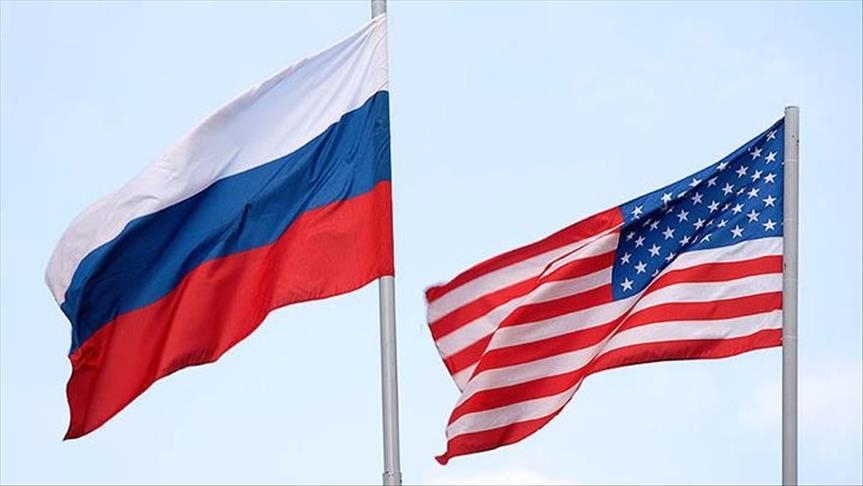Russia calls security talks with US 'difficult' but 'professional'
Talks with NATO, OSCE will show whether Russia and Western countries can agree on security guarantees, says Russian minister

MOSCOW
Russian Deputy Foreign Minister Sergey Ryabkov called Russian-US talks held Monday in Geneva on security guarantees "difficult, deep, professional and concrete," with the two sides not trying to soften or circumvent thorny issues.
Speaking at a news conference in the Swiss city following the talks, Ryabkov said he had an impression that the US took the Russian proposals "very seriously" and conducted "an in-depth study" of them.
Moscow needs "urgent and immediate answers" to the raised questions, so the discussions cannot last for months or years. In the coming days, there will be an understanding about whether the next round will take place or not, and if yes in what format and when, he added.
In general, the situation is not hopeless, despite the US side’s categorical objection to Russia's demand to stop NATO's expansion eastward and to revoke the decision of the 2008 NATO Bucharest Summit which provides for the possibility of Georgia and Ukraine joining the alliance, Ryabkov noted.
"We were able to talk about issues that previously seemed to be invisibly present, existed, but sort of behind the scenes. Everyone understood that they exist but pretended that it was better not to deal with them, and now things are called by their proper names, and this in itself has a healing effect on our relations with the West," he said.
Ryabkov admitted that there was no progress regarding NATO's non-expansion. Although for Russia, it is one of the main problems, much of the rest depends on how the situation develops on this issue, he stressed.
According to the diplomat, the Russian delegation explained to their US colleagues why Moscow sees as "an absolute imperative" obtaining legally binding guarantees of NATO's non-expansion, of non-deployment of strike weapons at Russia’s borders, and of ceasing activities in the countries that joined NATO after the signing of the 1997 Russia-NATO Founding Act.
Ryabkov said the upcoming talks with NATO in Brussels on Jan. 12 and under the framework of the Organization for Security and Cooperation in Europe (OSCE) in Vienna on Jan. 13 will determine whether there is a foundation to continue talks on security guarantees.
"I am sure that a general balance of interests that suits everyone, a balance of interests between Russia on the one hand and the NATO group on the other, can be found.
“We are for the continuation of the dialogue, for this work to be carried out, so that it does not curtail, so that diplomacy continues to serve the cause of strengthening security and stability, and there is a basis for agreement here," he added.
Ryabkov expects the US delegation to brief its NATO allies ahead of the Russia-NATO meeting and that there will be "a greater understanding" that it is impossible to bring the talks to a dead end, that a breakthrough is needed, he said.
If the US and NATO do not take a step in Russia's direction, it will harm European security in general, he stressed.
Ryabkov said he explained to his US colleagues that Russia has no plans to attack Ukraine and all military exercises and maneuvers are held within Russian territory.
He also claimed that NATO's activities near Russia’s borders push Moscow to be on alert and hold more military training.
Last month, Russian President Vladimir Putin called on NATO to start talks aiming to provide Russia with reliable, legally binding, and long-term security guarantees.
On Dec. 15, Yury Ushakov, the presidential adviser on foreign policy issues, announced that Russia handed the draft of its proposals to the US and NATO, and two days later, the Russian Foreign Ministry published the text of the draft agreements suggested by Russia.








